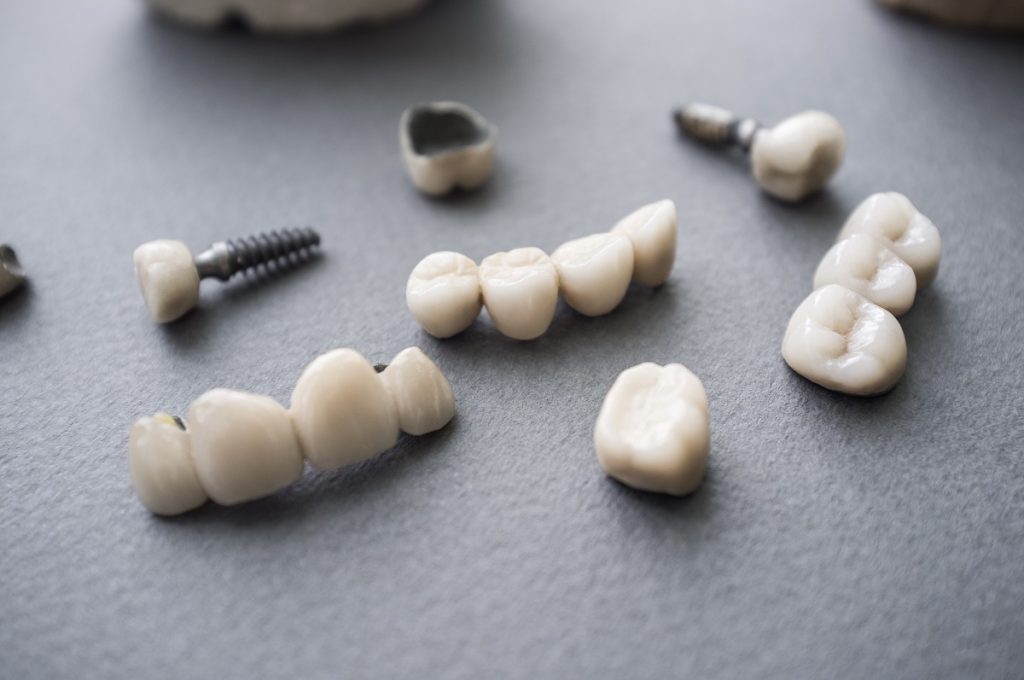When it comes to replacing lost teeth with dental implants in Gloucester, there is some received wisdom that may need taking another look at. For example, the idea that people with diabetes can’t have implants. In the past, people have been turned away because diabetes makes it more likely the patients will have more oral health problems. Yet, it seems so unfair when diabetic patients are more likely to suffer tooth loss.
The thing with dental implants in Gloucester, from clinics such as Implant & Ceramic Dental Studio, is that this method of replacing teeth keeps the jawbone healthy, gives people back the full function of their mouth, and protects the other teeth.
But what about diabetes and its effect on dental implants?
Diabetes is a disease that results when people no longer have control of the levels of sugar in their blood. For some people this happens in childhood and this is called type 1 diabetes. But right now, more and more people are being diagnosed with type 2 diabetes, which is the direct result of eating too much sugar over many years, and the body stops producing enough insulin, or it stops responding to that which is produced. All that extra sugar in the blood has knock-on effects throughout the body, including the ability to heal.
Healing is an important part of the process with dental implant treatment. After the dental implants have been inserted into the jawbone, the bone needs to grow new tissue all over them to create a sturdy anchor for chewing on. This process can be compromised in diabetic patients, who can take longer to heal and are more likely to get infections. Diabetic patients respond to inflammation differently, and can even get tissue damage from it.
Can diabetic patients have dental implants in Gloucester?
So, with all these added risks, it is really important that diabetic patients have their diabetes under control before going for dental implants in Gloucester. Getting diabetes under control can be achieved with proper medical care, and careful, continuous monitoring. There is also increasing evidence that a change in diet can have dramatic effects on type 2 diabetes, even reverse it.
